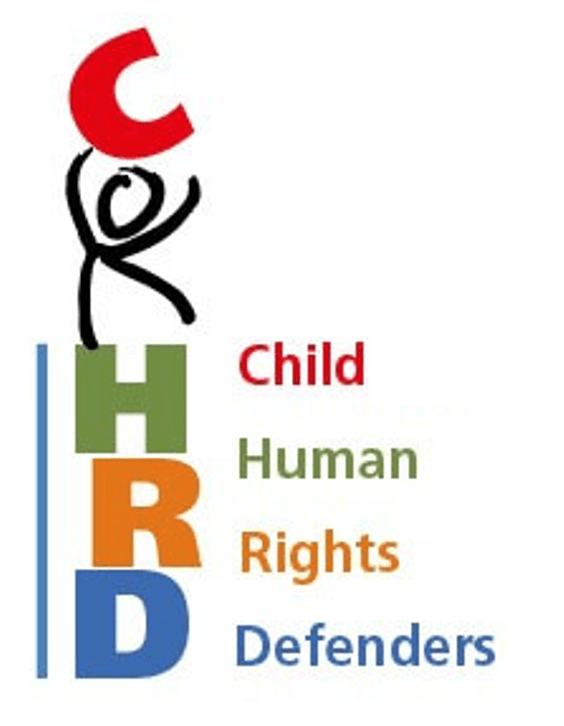Child Human Rights Defenders
Interactive
Implementation Guide
3.3.1. Education Rights: Summary of Implementation Measures
States should ensure that all children, whether in school or not, receive human rights education.
School and national curricula should incorporate compulsory human rights education and this should include material on children’s rights to act as HRDs.
Human rights education should include enable children to claim their rights, understand the rule of law, and learn how to seek redress for breaches of human rights in school and elsewhere.
Training programmes for teachers and other educators should include compulsory children’s rights training which specifically addresses children’s rights to act as a CHRDs.
Schools and other education providers should ensure that children’s human rights are respected in the learning environment. This should include: opportunities for meaningful participation; conflict resolution; and anti-bullying policies.
Schools and other education providers should involve children in the development and implementation of schools policies that may enable or act as a barrier to their ability to act as CHRDs.
NHRIs should provide children with accessible information on their rights and how they can act as CHRDs.
References
| ↑1 | International Covenant on Economic, Social and Cultural Rights, art. 13(1) (1996); Charter of the United Nations (1945). |
|---|---|
| ↑2 | Lundy, L. and Tobin, J. in Tobin, J. (Ed.) (2019) The UN Convention on the Rights of the Child: A Commentary. |
| ↑3 | Jerome, L., Emerson, L., Lundy, L., & Orr, K. (2015) Teaching and learning about child rights: A study of implementation in 26 countries. Retrieved 8 Oct 2020, from: https://www.unicef. org/media/63086/file/UNICEF-Teaching-and-learning-about-child-rights.pdf. |
| ↑4 | United Nations Declaration on Human Rights Education and Training (2011). |
| ↑5 | United Nations Committee on the Rights of the Child (2001) General Comment No. 1 on Article 29(1): The Aims of Education, CRC/GC/2001/1, para. 15. |
| ↑6 | United Nations Special Rapporteur on the Situation of Human Rights Defenders (2011) Commentary to the Declaration on the Right and Responsibility of Individuals, Groups and Organs of Society to Promote and Protect Universally Recognized Human Rights and Fundamental Freedoms, p. 81. |
| ↑7 | United Nations Special Rapporteur on the Situation of Human Rights Defenders (2010) Report of the Special Rapporteur on the promotion and protection of the right to freedom of opinion and expression, A/HRC/14/23, para. 51. Retrieved 13 Oct 2020, from: https://documents-dds-ny.un.org/doc/UNDOC/GEN/G10/130/49/PDF/G1013049. pdf?OpenElement. |
| ↑8 | United Nations Committee on the Rights of the Child (2001) General Comment No. 1 on Article 29(1): The Aims of Education, CRC/GC/2001/1, para. 18. |
| ↑9 | Lundy, L. and Tobin, J. in Tobin, J. (Ed.) (2019) The UN Convention on the Rights of the Child: A Commentary, p. 1122. |
